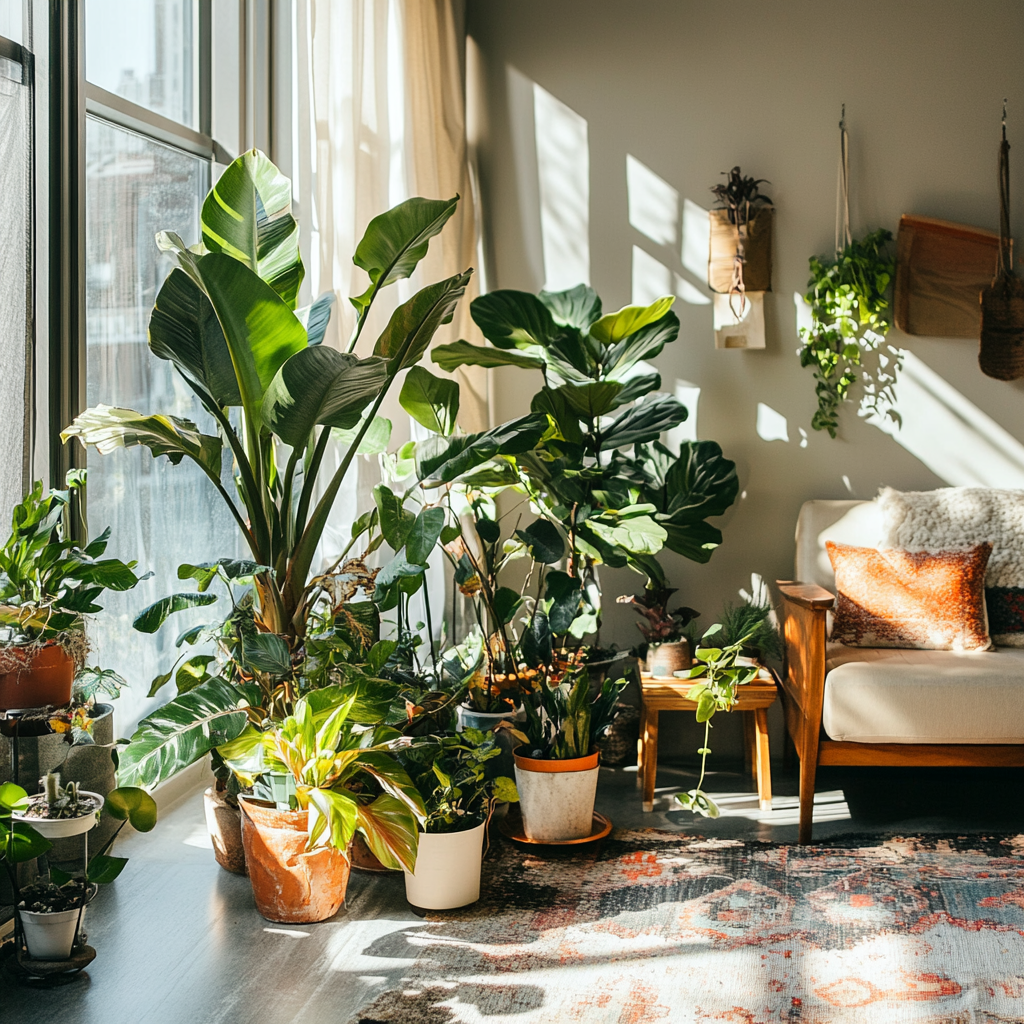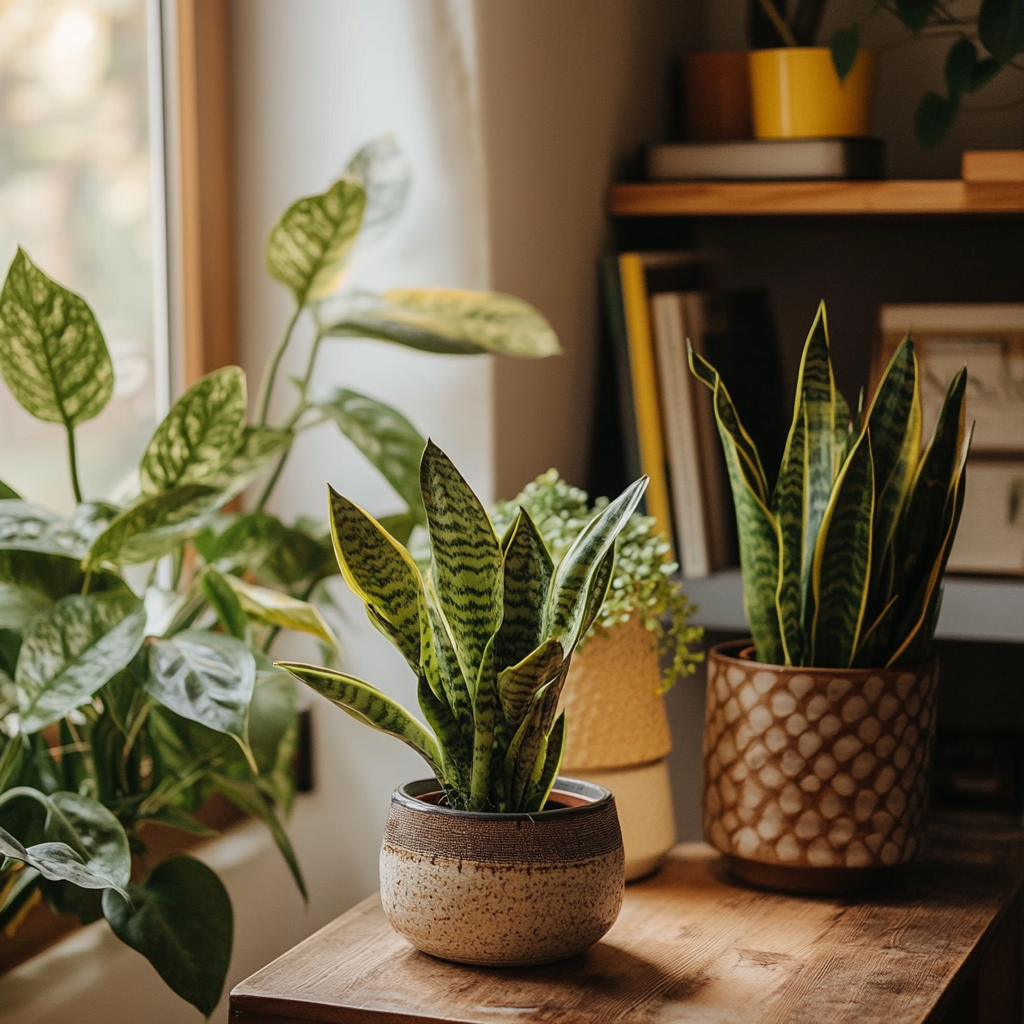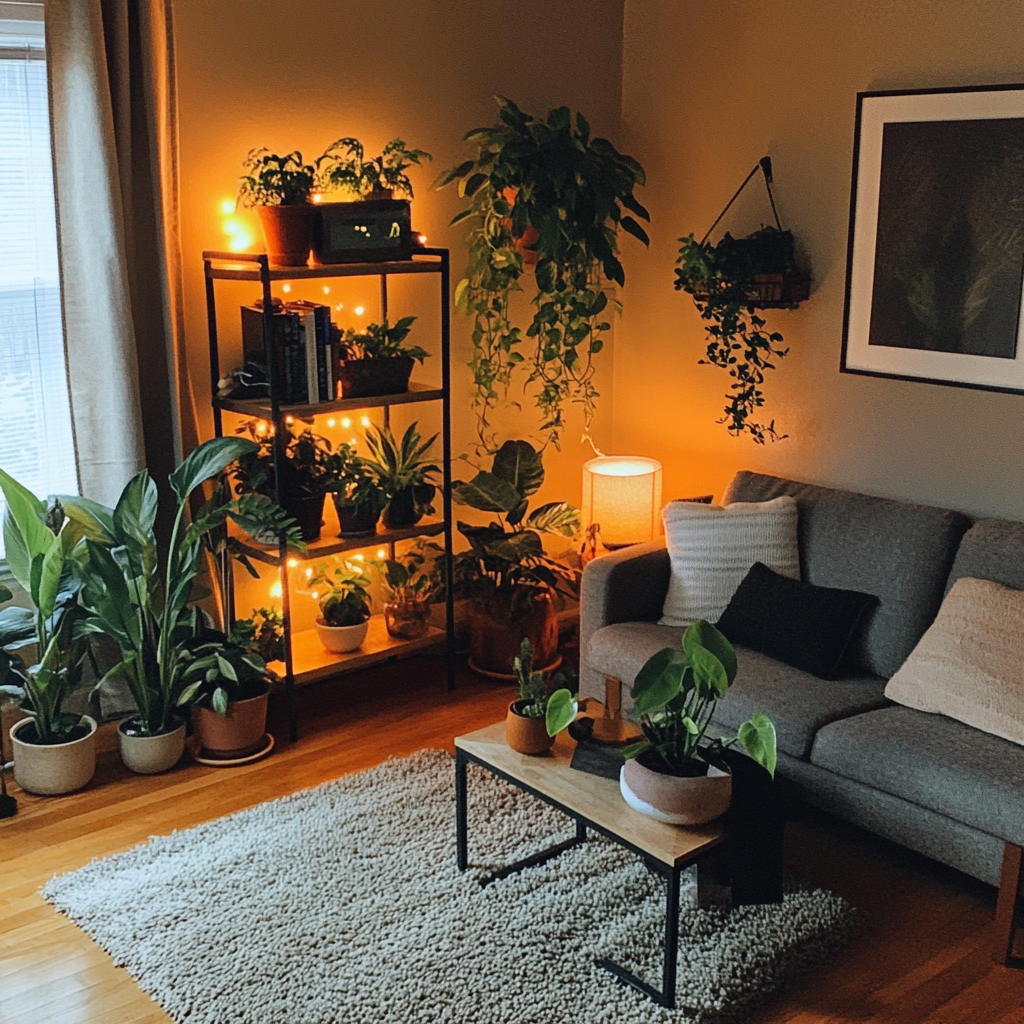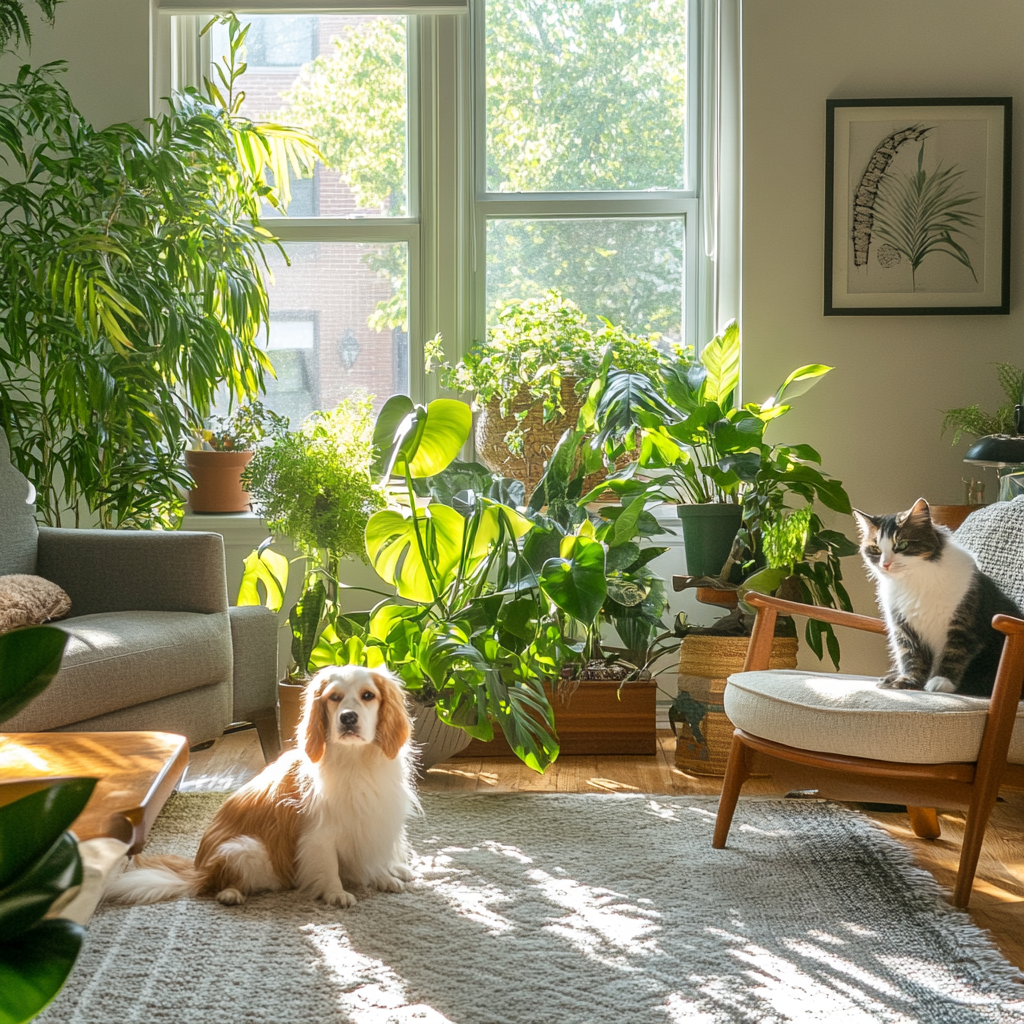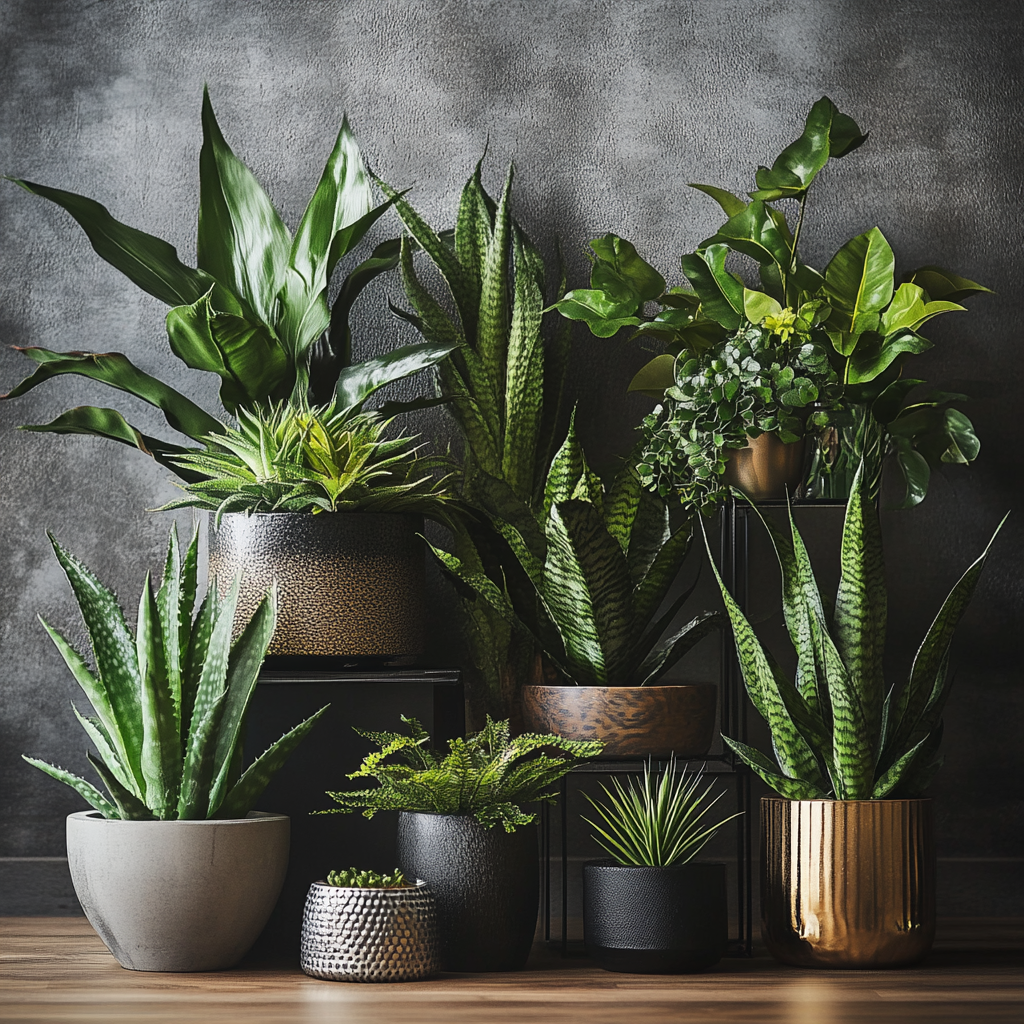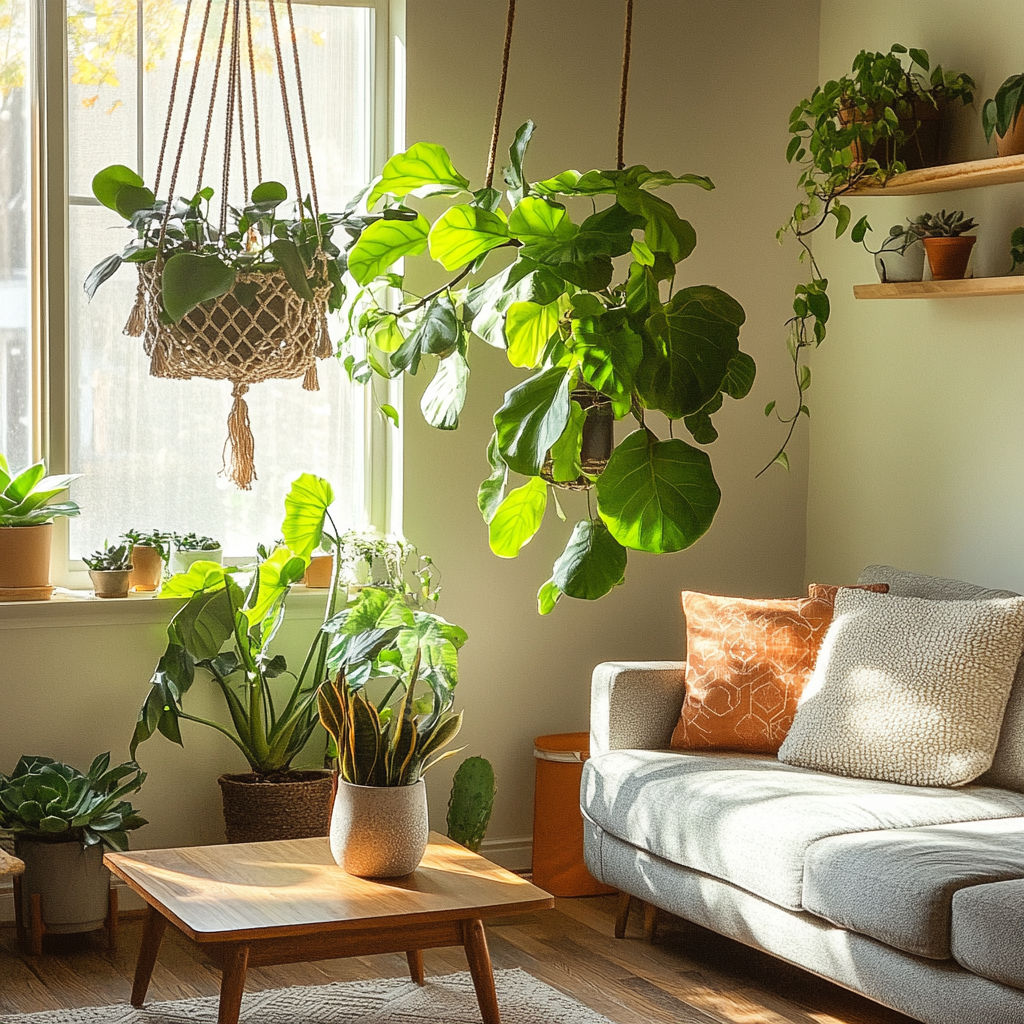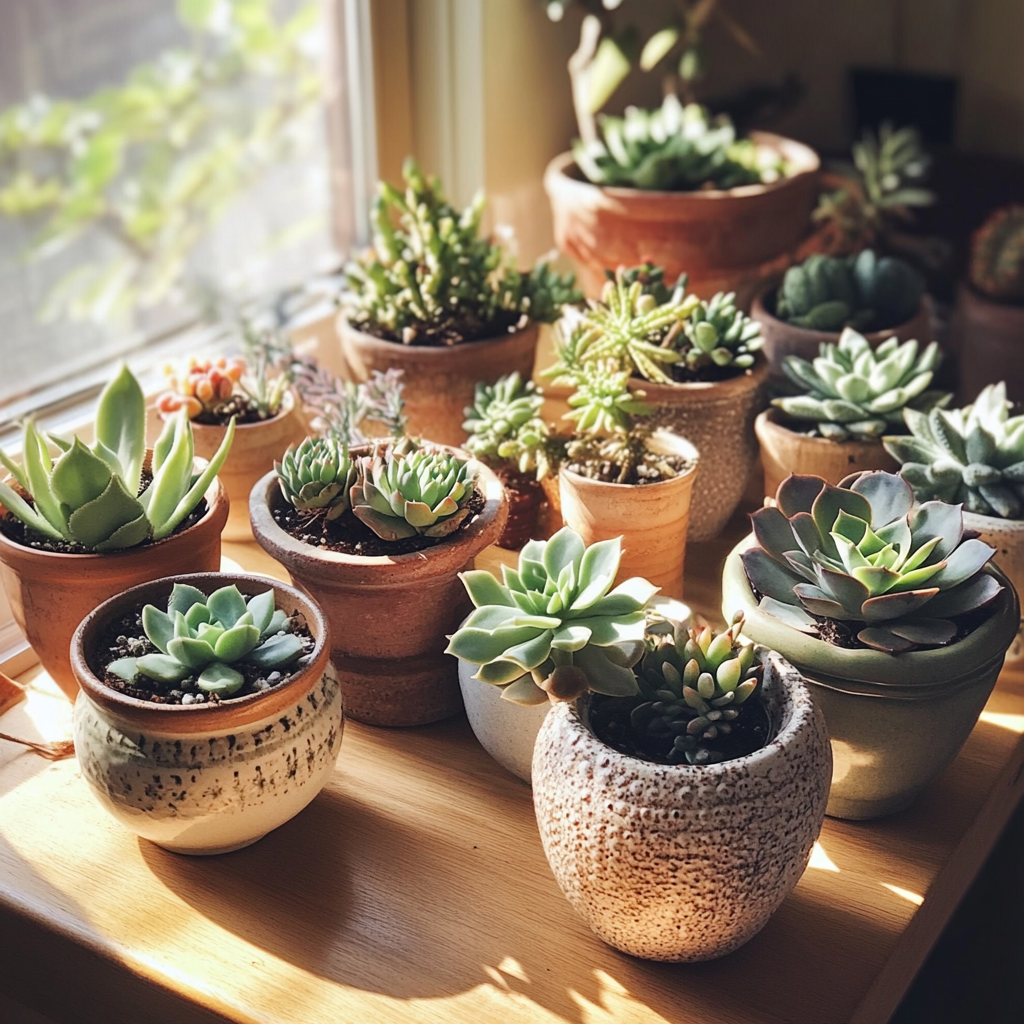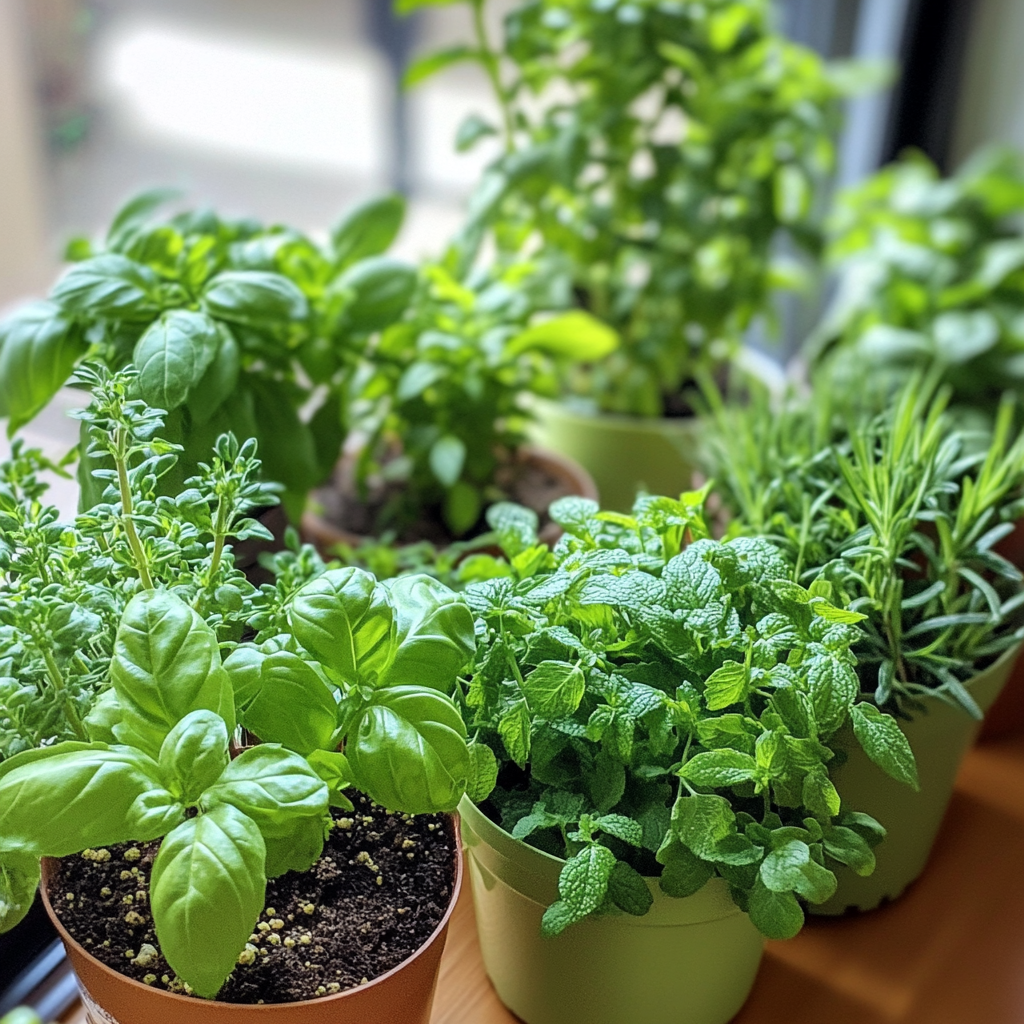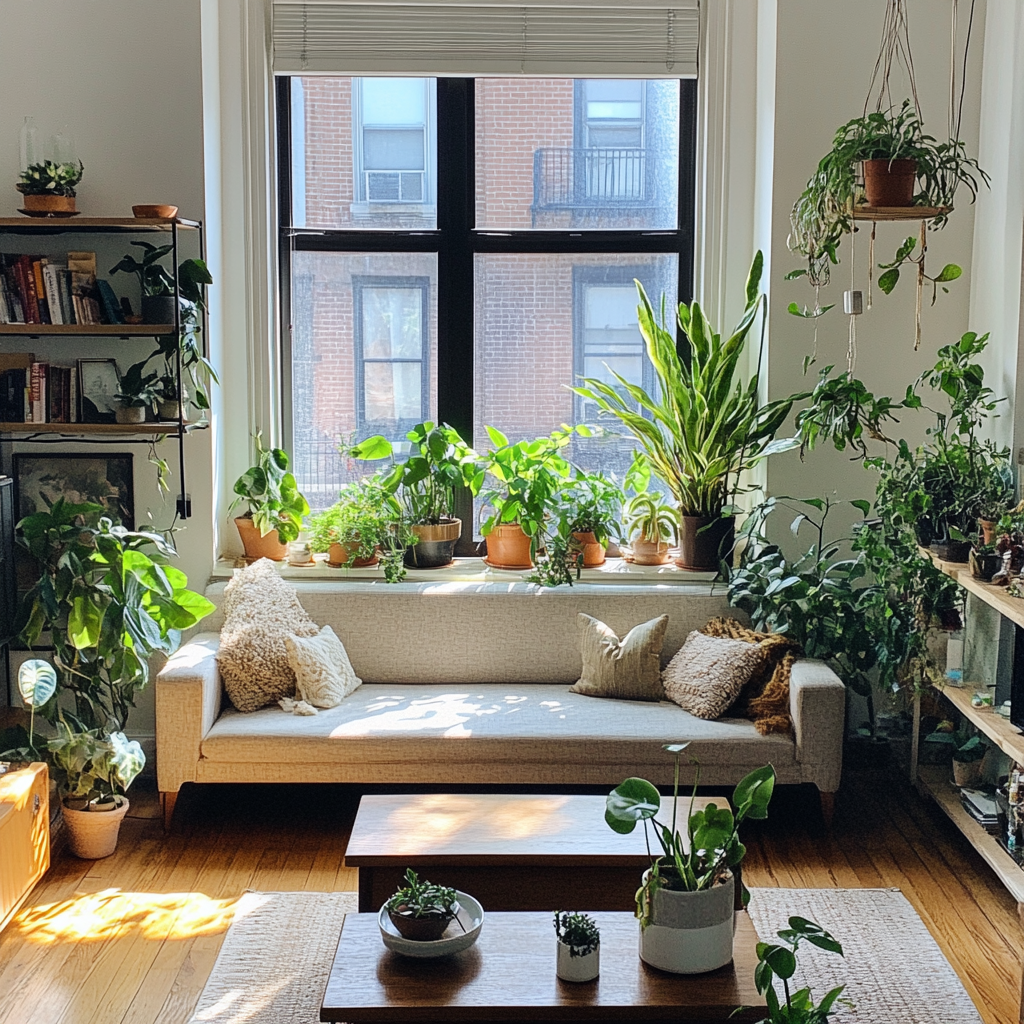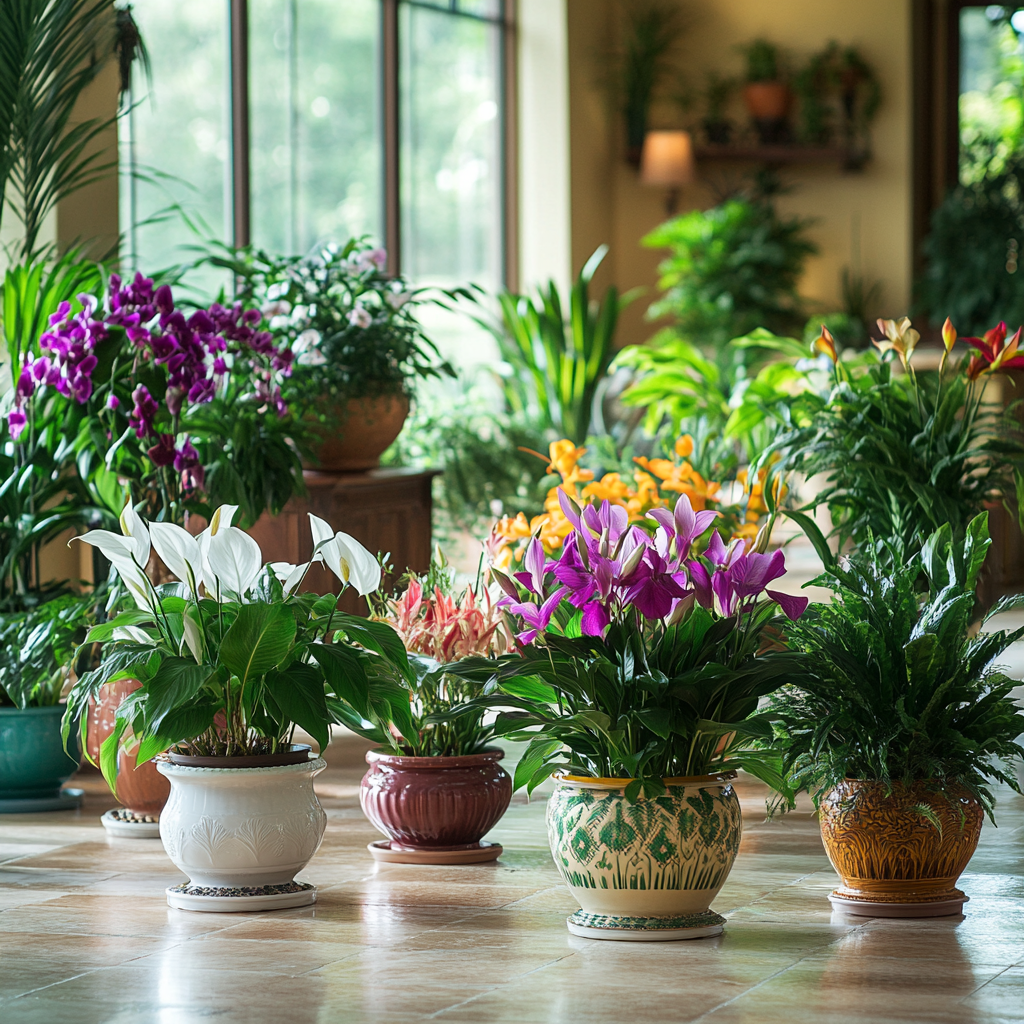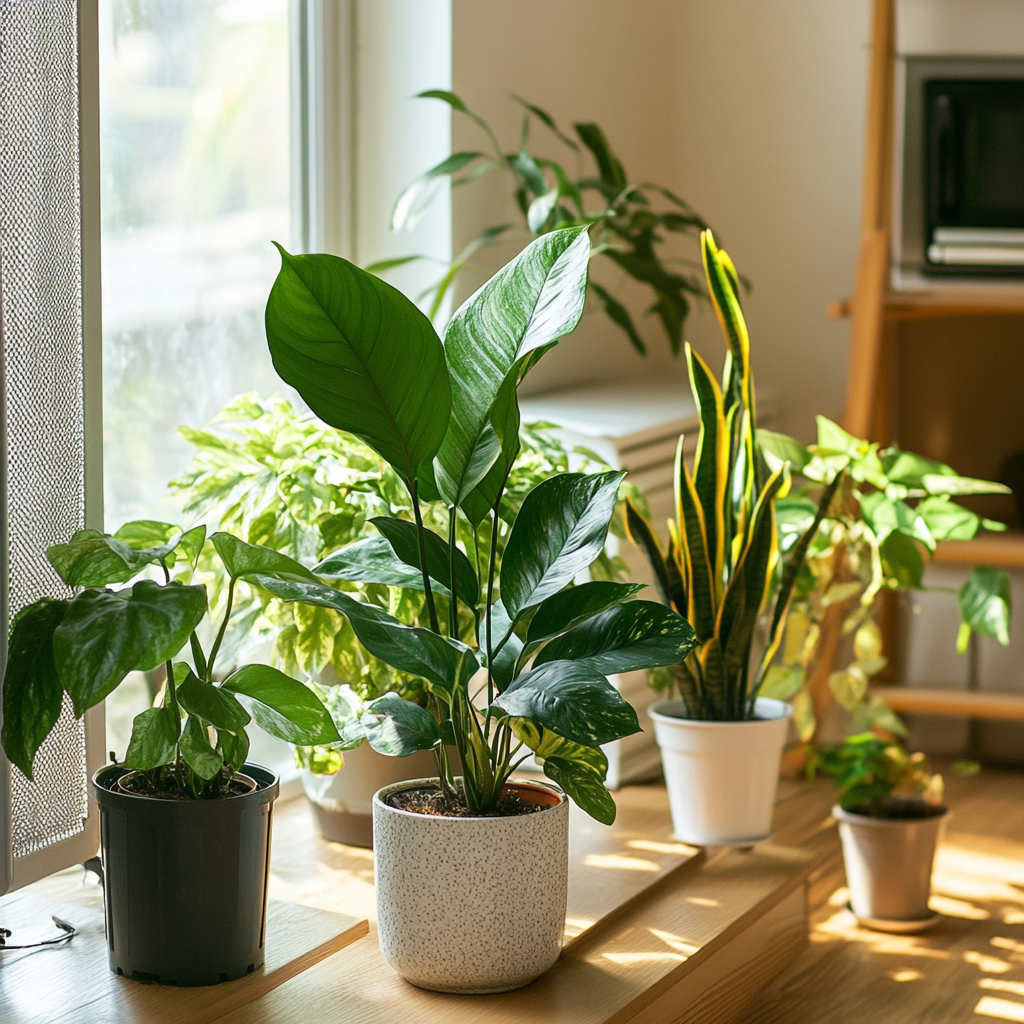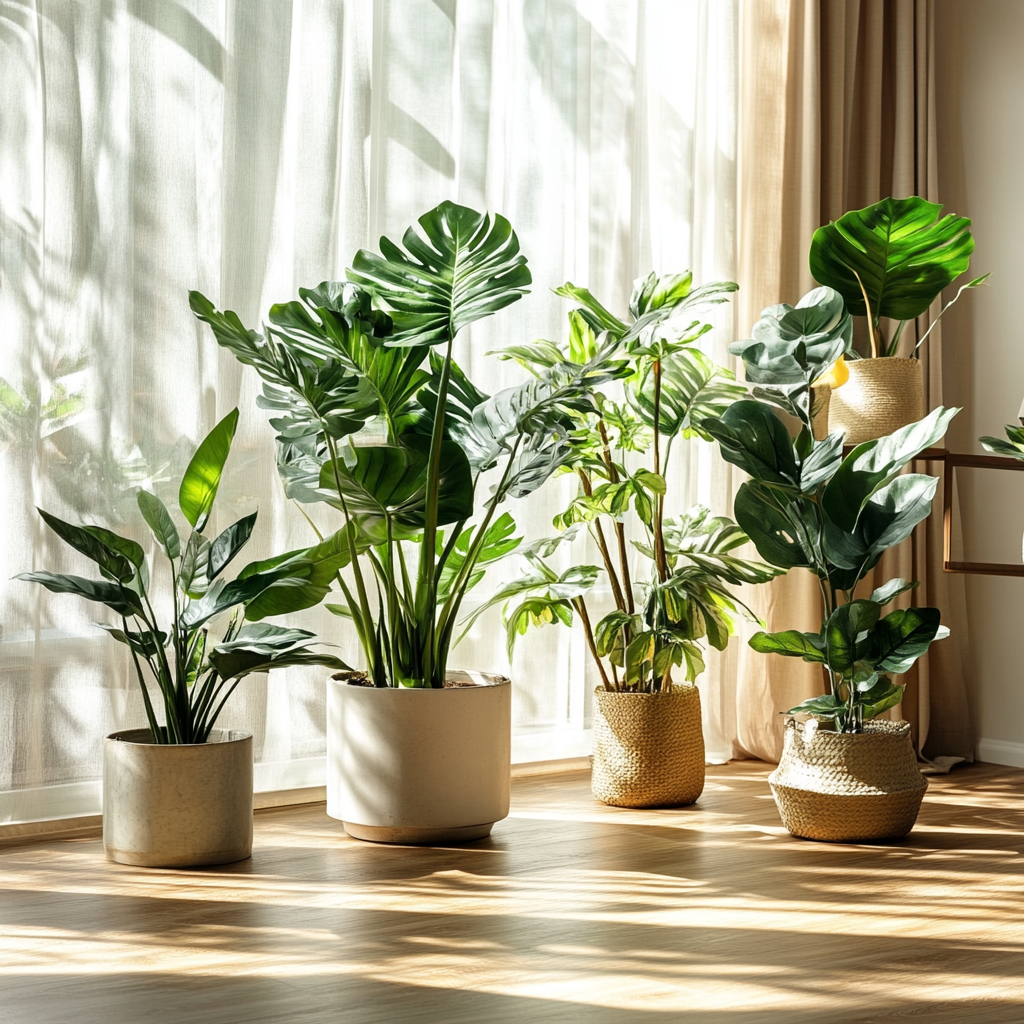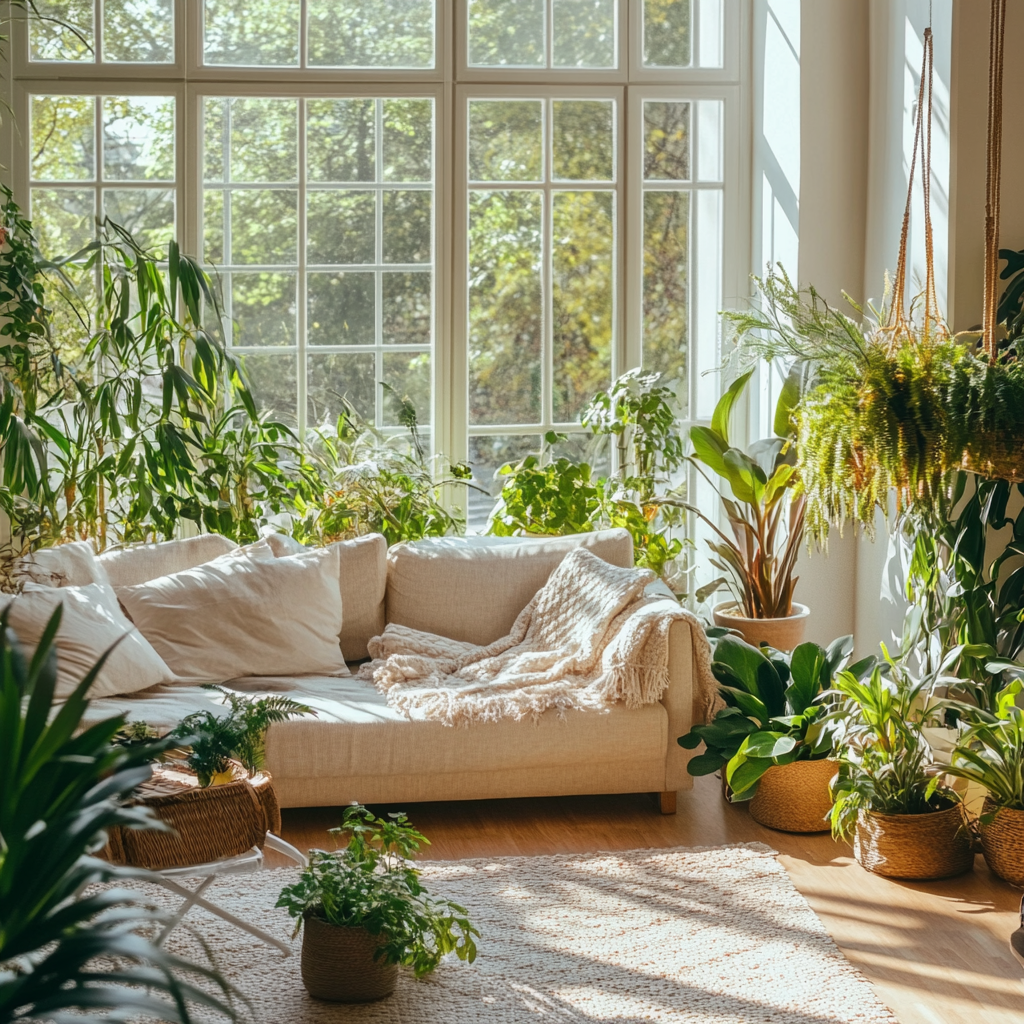Indoor plants add life, color, and a natural touch to any room. Many of the indoor plants are easy to care for, but some need extra attention and care. These high-maintenance indoor plants are prized for their beauty and uniqueness but require time, commitment, and specialized care.
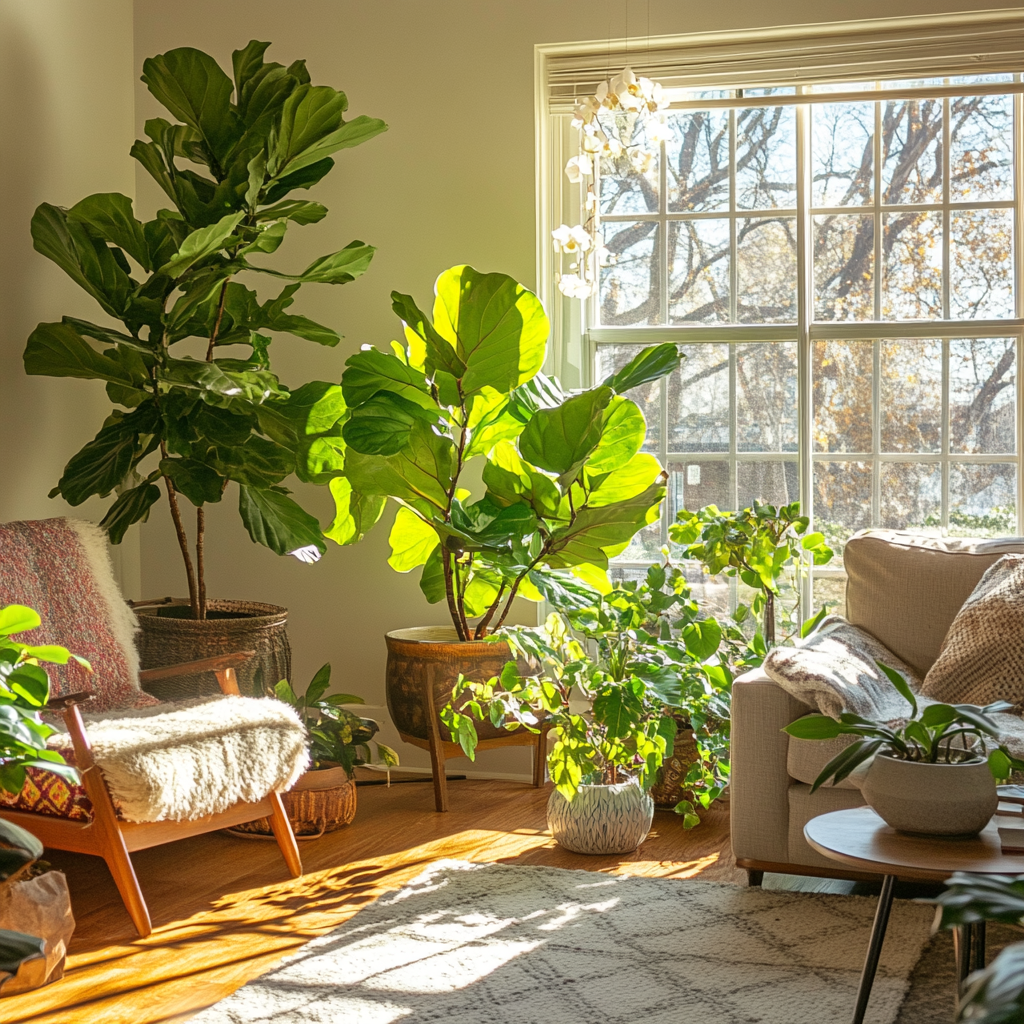
Why Choose High-Maintenance Plants?
When easier options are available, why do people bother with fussy plants? For many of the plant lovers, the challenge itself is rewarding. Successfully nurturing a delicate plant can bring massive satisfaction. These plants are often stunning, with unique foliage or blooms that make them true showpieces. They also spark conversations and can turn a room into a lush, tropical paradise.
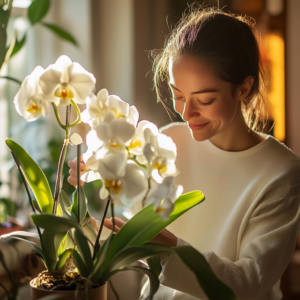
What Makes a Plant High-Maintenance?
Several factors make indoor plants more demanding:
Lighting Needs: These plants often require specific light conditions—neither too much nor too little. Placement within the home can be tricky.
Water Sensitivity: Some plants are sensitive to both overwatering and underwatering. They may need consistent, small amounts of water or require their soil to dry out completely between waterings.
Humidity Requirements: Many tropical plants need high humidity, which can be hard to maintain in dry climates.
Temperature Control: These plants are very sensitive to temperature. So these plants thrive in stable environments.
Special Soil and Fertilization: They may need specific soil types or frequent fertilization, sometimes requiring repotting with specialized mixes.
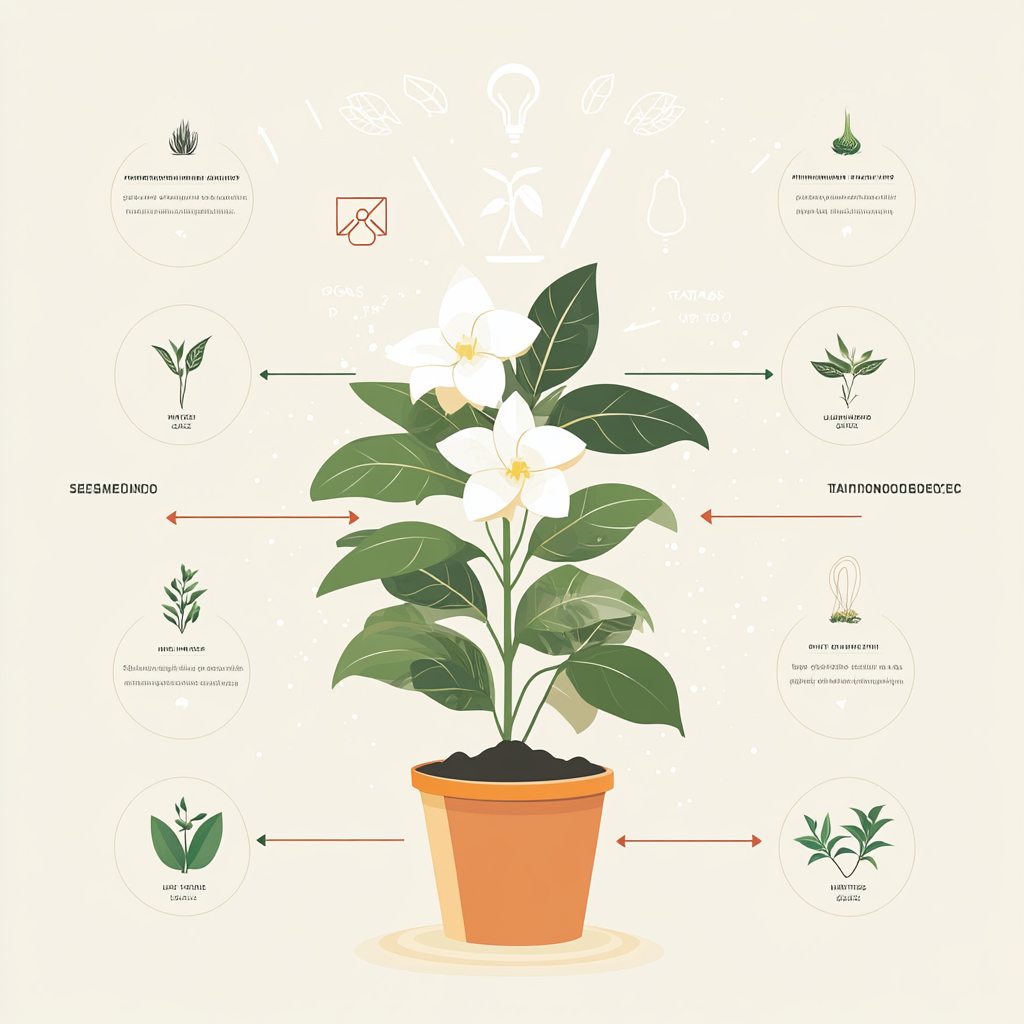
Top High-Maintenance Indoor Plants
Fiddle Leaf Fig
With large, glossy leaves, the Fiddle Leaf Fig is popular but sensitive. It needs bright, indirect light and doesn’t like being moved. Overwatering causes root rot, while underwatering makes leaves drop. It also prefers humidity, making it tricky in dry climates.
Maidenhair Fern
This fern has delicate, feathery fronds but requires constant moisture and high humidity. Overwatering causes root rot, and direct sunlight burns its leaves. Maintaining the right balance, especially in winter, is challenging.
Calathea
Known for its bold, patterned leaves, the Calathea thrives in low to medium light but dislikes changes in lighting. It needs high humidity and consistent moisture. Tap water can harm it, so distilled or filtered water is best.
Orchids
Famous for their long-lasting flowers, orchids need bright, diffused light and good root aeration. They require careful watering, high humidity, and stable temperatures. Special potting mixes and regular fertilization are essential.
Alocasia
With large, arrow-shaped leaves, Alocasia plants need bright, indirect light and consistent humidity. They require regular watering but hate waterlogged soil. Temperature changes and drafts can harm them, so a stable environment is crucial.
Bonsai Trees
These miniature trees need regular pruning and careful watering. They prefer well-draining soil and bright, indirect light. Many species need repotting every few years to keep their roots healthy.
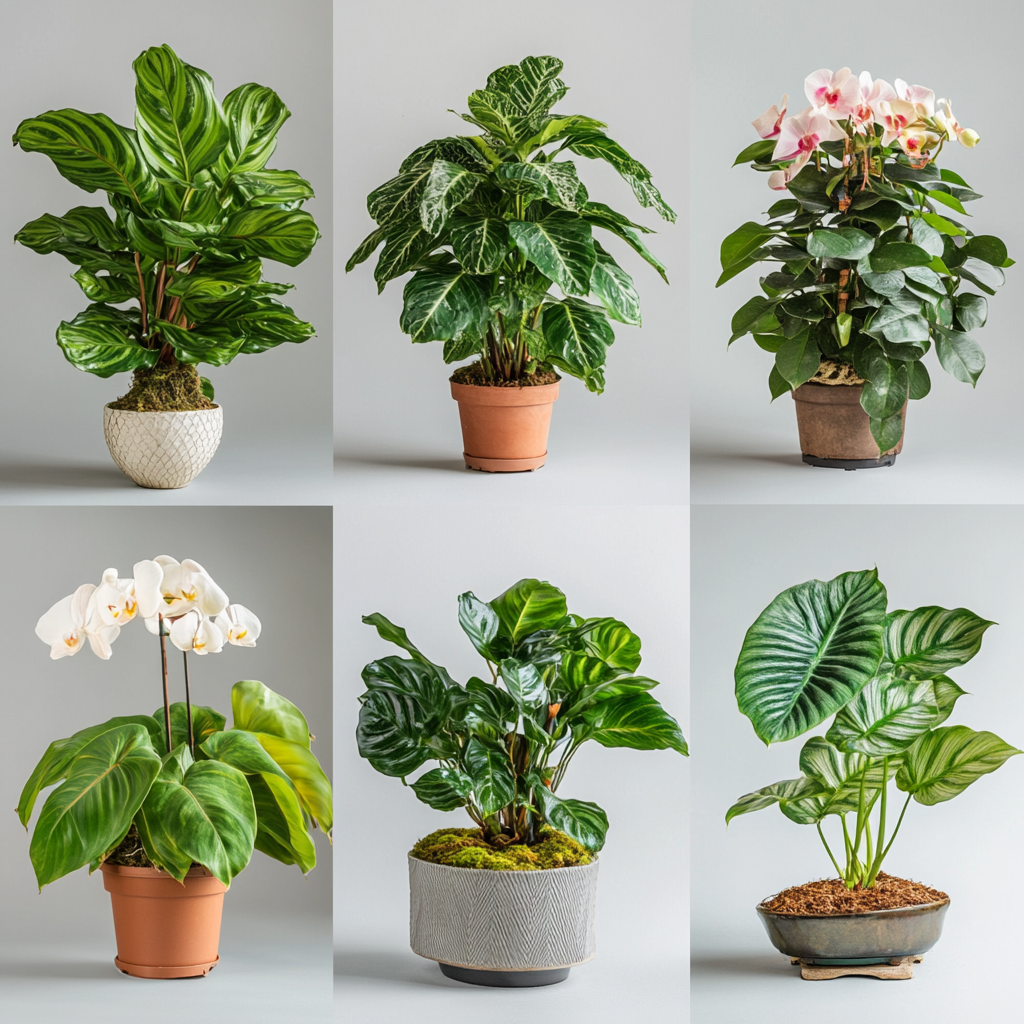
Care Tips for Fussy Plants
Caring for high-maintenance plants can be tricky, but these strategies can help:
Use Monitoring Devices: Invest in moisture meters, light meters, and humidity gauges to remove the guesswork.
Be Consistent: Set a schedule for watering and check plants frequently. Consistency is key.
Create the Right Environment: Use humidifiers, grow lights, or pebble trays to maintain ideal conditions. Grouping plants together can also boost humidity.
Find the Perfect Spot: Experiment with plant placement to ensure they get the right light and avoid drafts.
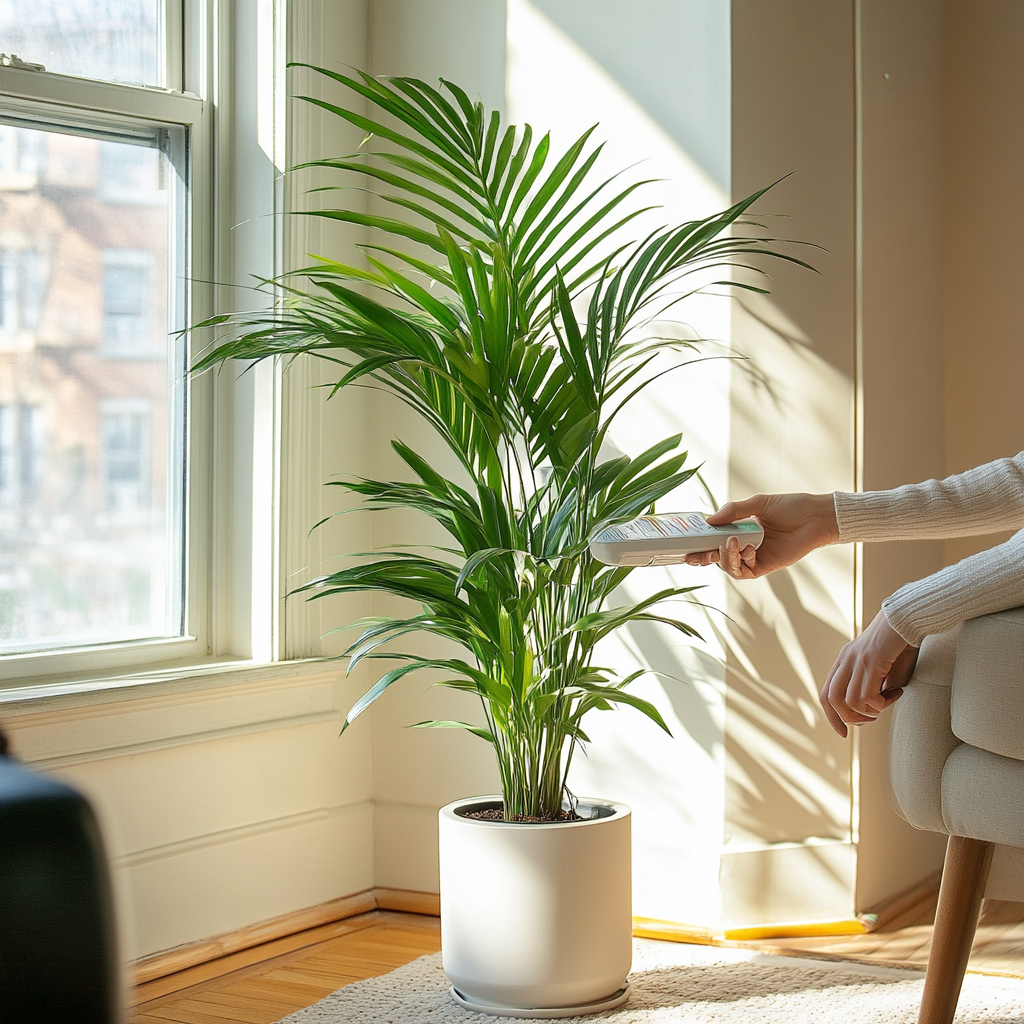
The Reward of High-Maintenance Plants
Caring for high-maintenance plants takes time and effort, but the rewards are worth it. They add unmatched beauty to your home and bring a deep sense of satisfaction. Watching a demanding plant thrive under your care can turn any indoor space into a lush, vibrant oasis.
